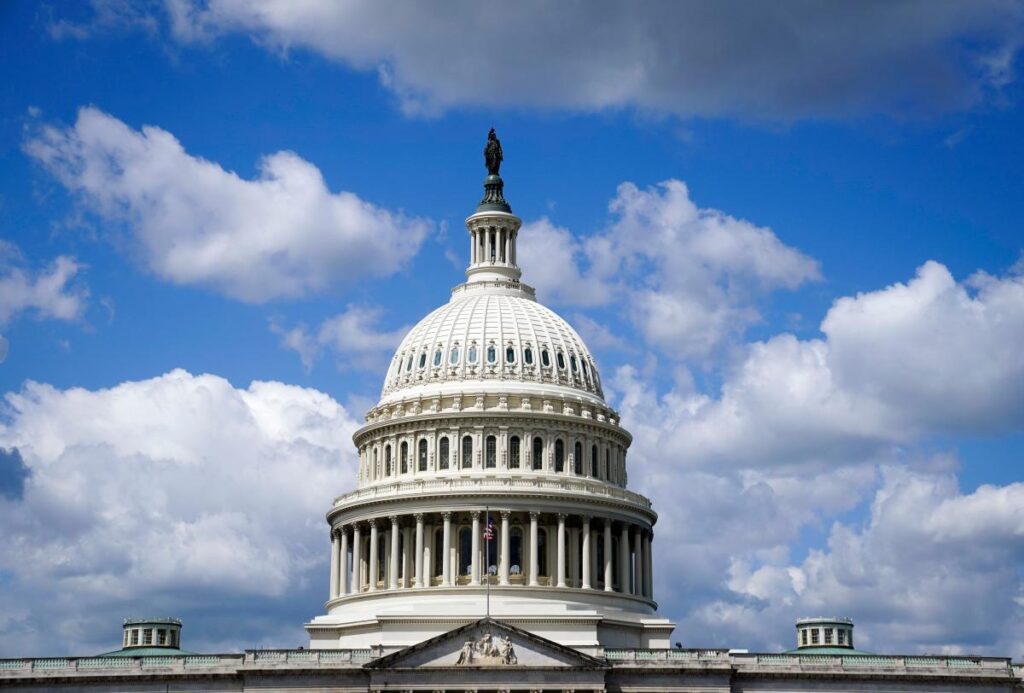The legislative landscape witnessed a significant shift with the recent passage of the Social Security Fairness Act, which aims to abolish the long-standing penalties imposed on certain government retirees, particularly teachers and police officers. Following a decisive vote in the Senate, nearly three million Americans, including over 90,000 residents of Louisiana, are now on track to receive the full Social Security benefits they have earned over their careers. Spearheaded by Republican Congressman Garrett Graves from Louisiana and Democratic Representative Abigail Spanberger from Virginia, this reform has garnered widespread bipartisan support and is set to be signed into law by President Biden, marking a moment of celebration for many advocates of the bill.
Senator Bill Cassidy, a Republican from Louisiana, highlighted the significance of this legislation, emphasizing that state and local workers deserve their complete Social Security benefits. He lauded the bill as a necessary and overdue action while also underscoring the broader challenge of ensuring the longevity and solvency of the Social Security system, which is projected to face insolvency within nine years. This dual focus on immediate benefits for retirees and the long-term stability of Social Security reflects the complexities entwined in addressing retirement and pension issues in the United States.
The Social Security Fairness Act specifically targets the 1980s-era Windfall Elimination Penalty (WEP) and the Government Pension Offset (GPO), which previously hindered nearly 2.8 million government retirees from receiving their full Social Security benefits, especially affecting those who had also worked in the private sector. These penalties have led to reductions in benefits that can amount to hundreds of dollars monthly, creating a significant financial burden for retirees who have dedicated their careers to public service.
However, the repeal of these penalties has sparked contention among some lawmakers, who argue that eliminating WEP and GPO could exacerbate the existing financial challenges facing the Social Security system. Critics, including Republican Senator Thom Tillis from North Carolina, have voiced concerns that this legislation may accelerate the approaching insolvency of the program by pulling forward its financial shortfall by approximately six months. They contend that the repeal could cost upwards of $200 billion over the next decade, raising alarms about the sustainability of Social Security for future generations.
The debate surrounding the Social Security Fairness Act encapsulates a broader conversation about how to balance immediate relief for certain groups of retirees with the imperative to secure the future viability of the Social Security system. Proponents of the bill argue that it is essential to right the wrongs of the past and ensure that workers who have contributed to the system are not penalized for their career choices. On the other hand, those apprehensive about the fiscal implications stress the importance of structural reforms and financial safeguards to prevent jeopardizing the benefits for all Americans.
As the Social Security Fairness Act heads to President Biden for enactment, it heralds a significant change for countless retirees, while also spotlighting ongoing discussions about the program’s integrity and fiscal health. In essence, this legislative victory signifies both a triumph for advocates seeking equity in Social Security benefits and a call to action for policymakers to address long-term solutions for one of the nation’s most vital social safety nets. The coming years will be crucial in determining how these changes will affect Social Security’s overall sustainability and the benefits received by future retirees.

